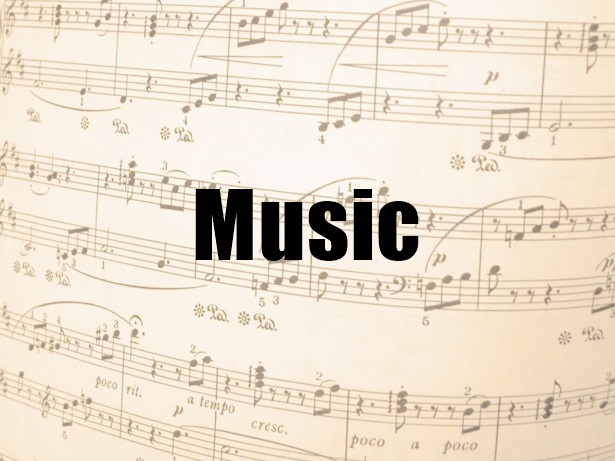Music can be a touchy subject for some people. And on this point, Christ Covenant doesn’t offer a hard and fast, ‘this is the only way that a truly faithful church could ever do music.’ Rather, we offer a ‘this is the way we see it.’
At Christ Covenant, our music during the worship service is relatively simple. It is piano-based, with some backup instrumentation from time to time. We don’t have a band at the front. We have hymns, and a congregation that loves to sing them.
Some would call this a traditional approach to church music. But I bristle at that description for two reasons.
First, our ambition in music isn’t to be ‘old’ or tradition-bound. I am reminded of the theologian that once said that traditionalism is “the dead faith of the living.” Well, we’re against that at Christ Covenant! Our goal in music is simply to do good ministry through our music. We believe hymns have much more to offer in that regard than many today realize.
Some have observed about contemporary praise and worship music that it tends to focus heavily on expressing personal feelings. Of course, feelings are good, and music should certainly affect our emotions, but there is more that worship music needs to accomplish than just express our feelings about God.
When we look at the New Testament, one of the apostolic guidelines for worship music is this: “Let the word of Christ dwell in you richly, teaching and admonishing one another in all wisdom, singing psalms and hymns and spiritual songs, with thankfulness to God” (Col. 3:16). According to the Apostle Paul, one key ingredient of church music is that it needs to teach us about God. In fact, Paul says it needs to do this because we have a ministry to one another through worship music. We teach and admonish one another through song. We don’t just share our feelings, but we share the life-giving word of Christ when we sing at church. When we sing together at church, we become a congregation of ‘preachers,’ teaching one another about the glories of Jesus. Music has to accomplish this function or else it doesn’t glorify God.
If music must do this, then there are questions that should be asked of every song we sing at church, like: What exactly did I learn about God from what I just sang? What did I teach my brothers and sisters by singing this song? Did this song merely express my emotions and put me in a happier frame of mind, or did it equip me with deep truths that the Holy Spirit can work into my soul throughout the week ahead?
Now, honestly, there are tons of old hymns that don’t measure up to that standard. But there are many newer hymns and songs that meet that standard quite well, and so we do try to sing those. This is the second reason why I bristle at calling our worship “traditional.” Not only do we not blindly hold to the past, but we also don’t blindly condemn everything that is contemporary and recent in Christian music. We do have a CCLI music license, and we use contemporary songs regularly in our services.
We expect a lot from our music because God does. It isn’t enough for us that it just sounds nice, expresses strong emotion, or that it is on the radio a lot. It’s not enough for us, because it’s not enough for God. And if it isn’t enough for God, why would we make that the standard for our music in his holy presence? Music needs to deliver the word of God to us so that, by the Holy Spirit’s power, we can sing it into our own hearts and each other’s. We believe hymns accomplish this task more effectively than praise and worship songs.
As an added bonus, by singing hymns, we place ourselves in the company of Christians throughout the ages. There are weeks at Christ Covenant when our music spans several different continents and several different millennia. When we sing the old psalms of Scripture and the new Keith and Kristen Getty hymns, our music spans more than 3,000 years of the history of God’s people. In those services, we are singing what King David sang, what Elijah sang, what Mary and Elizabeth sang, what St. Augustine sang, what medieval Christians sang, what Christians from other theological backgrounds sing, and what 21st American Christians sing. Singing music that crosses so many ages can’t help but make you feel plugged in to that great thing God has been planning from eternity past: a people from all times and all corners of the world, in his presence rejoicing in him (Eph. 1:4; Rev. 7:9). Our hymnody makes us feel right at home in that great multitude of God’s people.

You must be logged in to post a comment.